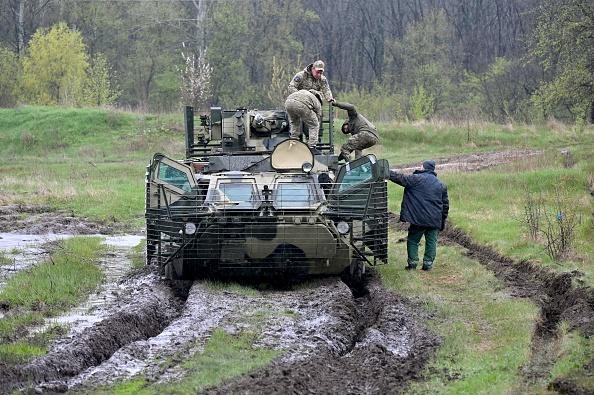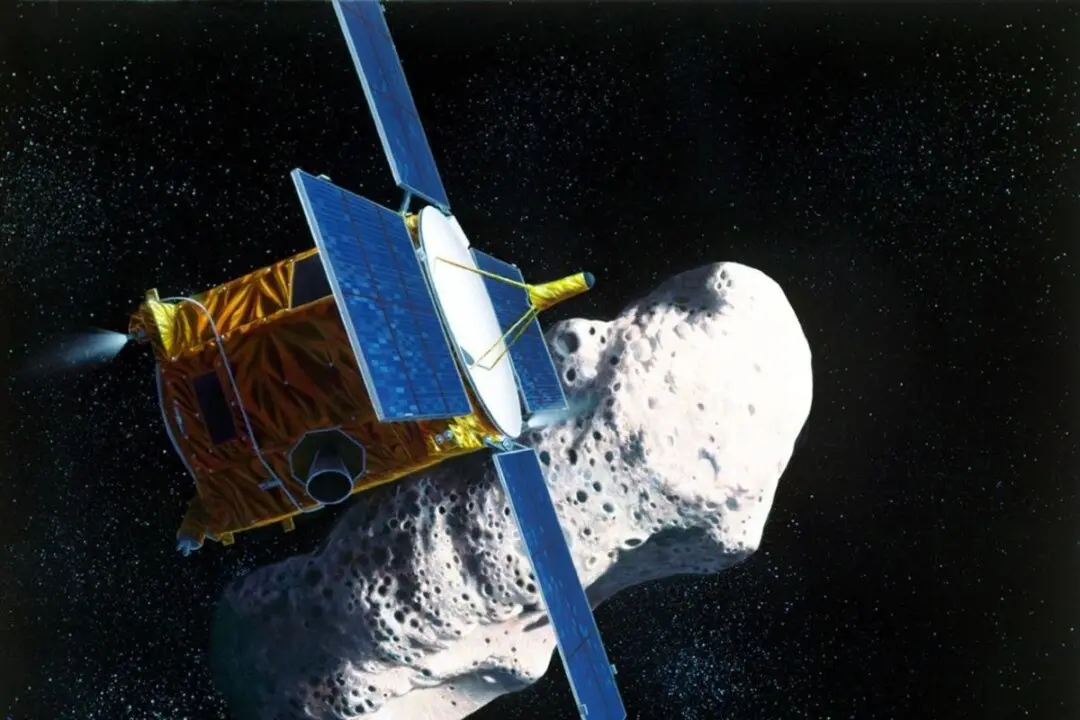The ongoing Russo-Ukrainian War has been a twofold conflict. It has been a physical military conflict within the borders of Ukraine, while at the same time it has been a propaganda war within and beyond those borders, reaching (or “overreaching”) across Europe and across the Pacific into America.
Owen Matthews has been covering the fight in Ukraine and the reactions in Russia; in fact, he has been working in Moscow as a journalist for more than a quarter century. His book “Overreach: The Inside Story of Putin’s War Against Ukraine” is a tour de force that provides a historical synopsis of the geopolitical power struggle between the two nations, insight into why the Ukraine government (along with other European nations) didn’t believe an attack was imminent, and how and why Vladimir Putin did the unthinkable.






